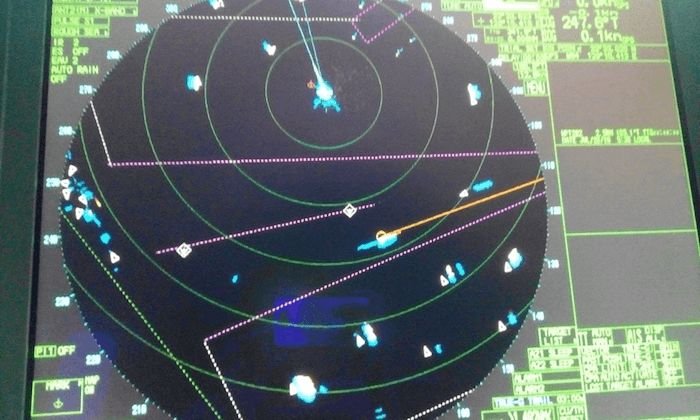
Edit Post
AI advancements are set to revolutionize navigation systems, making them more intelligent, efficient, and user-friendly. Traditional GPS systems, which rely primarily on static maps and satellite data, are being enhanced with AI algorithms capable of real-time data processing and predictive analytics. This allows for more accurate and dynamic route planning, taking into account real-time traffic c... View more
AI advancements are set to revolutionize navigation systems, making them more intelligent, efficient, and user-friendly. Traditional GPS systems, which rely primarily on static maps and satellite data, are being enhanced with AI algorithms capable of real-time data processing and predictive analytics. This allows for more accurate and dynamic route planning, taking into account real-time traffic conditions, road closures, weather, and even individual driving habits. One significant change is the integration of AI with autonomous vehicle technology. Self-driving cars rely heavily on sophisticated AI-driven navigation systems that use sensors, cameras, and LIDAR to understand their surroundings and make real-time decisions. View less
- 0 0
- 0 0
-

-
Ajith L Rajan
published solution: 1 year beforeBy 2035, AI-driven navigation systems have revolutionized travel and transportation, offering seamless and efficient routing solutions tailored to individual preferences and real-time conditions. Advanced algorithms analyze vast amounts of data from diverse sources, including traffic patterns, weather forecasts, and user behavior, to generate dynamic and adaptive navigation routes. These systems prioritize safety, optimizing routes to minimize congestion and reduce the risk of accidents, while also considering environmental factors to promote sustainable transportation choices. Integration with smart infrastructure enables real-time communication between vehicles and road networks, facilitating smoother traffic flow and enhancing overall efficiency. Moreover, personalized features cater to diverse transportation needs, whether it's commuting, leisure travel, or commercial logistics, offering customized route recommendations and travel experiences. As AI continues to advance, navigation systems in 2035 redefine the way we navigate the world, providing intuitive, intelligent, and environmentally conscious solutions for a connected society.
0 1 0 0 1 0


